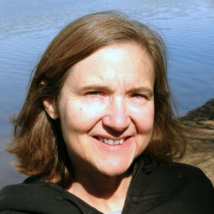
Kathiann Kowalski loves talking with scientists and engineers about their work and why it matters. And she loves getting into the field — whether that’s at a lab, in a research forest, at a drilling site or on a research boat. She has written more than 700 articles, plus 25 books for young people. “There’s always something new happening — and something new to learn,” she says.
Kathi graduated from Hofstra University in New York and got her law degree from Harvard Law School in Massachusetts. She previously practiced environmental law with a large firm. Kathi enjoys hiking, sewing, reading and travel.

All Stories by Kathiann Kowalski
-
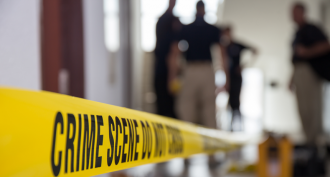 Science & Society
Science & SocietyWhat happens when you look at crime by the numbers
Statistics can find crime hot spots or flag which police officers are more likely to shoot at crime scenes. Unfortunately, some data risk misleading the police.
-
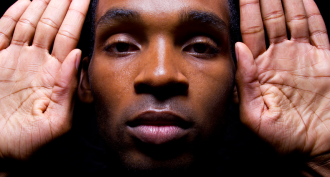 Science & Society
Science & SocietyHeartbeat can affect racial perception of threat
Links between nerves in the heart and the brain shed light on why some police may be more likely to shoot an unarmed person who’s black than one who is white.
-
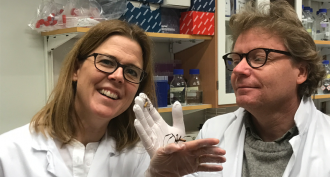 Tech
TechHow to spin synthetic spider silk
A new method for spinning artificial spider silk combines parts of proteins from two species and mimics what happens in a spider’s silk-forming gland.
-
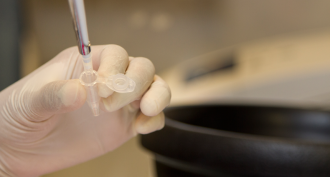 Genetics
GeneticsExplainer: How PCR works
The polymerase chain reaction, or PCR, is like a DNA-copying machine. It duplicates genetic material over and over. Here’s how.
-
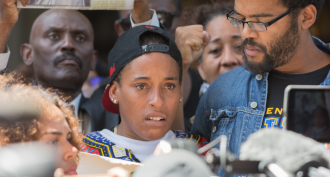 Science & Society
Science & SocietyRacism hurts
Hate crimes and harassment since the 2016 election affirm that racism still exists in America. Here’s what racism is, how it hurts and how people who witness it can respond.
-
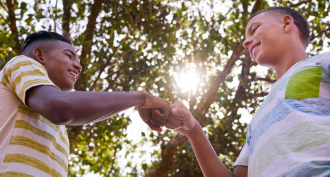 Science & Society
Science & SocietyFive things students can do about racism
Racism plagues societies around the world and has since ancient times. But scientists who have studied its impacts offer suggestions on how to make it stop.
-
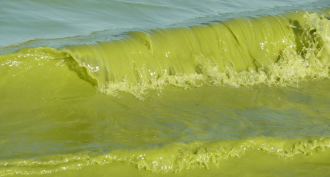 Tech
TechWater sensor quickly detects algal poison
A new sensor can detect poisons from harmful algae within minutes so that drinking-water plants can start timely treatments.
-
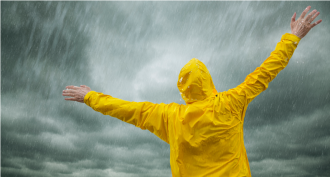 Climate
ClimateCool Jobs: Wet and wild weather
How’s the weather? Forecasts rely on scientists and engineers who collect and interpret data gathered on the ground, in the sky and way up in space.
-
 Science & Society
Science & SocietyHow computers get out the vote
Increasingly computers play a role in voting. Here’s why that concerns scientists, even as they acknowledge that computers may be increasingly essential.
-
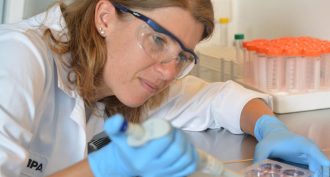 Materials Science
Materials ScienceNano medicines take aim at big diseases
Nanomedicines are new treatments and tools that are taking aim at disease from the cellular level. Medicine’s next big thing could be very teeny tiny.
-
 Computing
Computing‘Couch potatoes’ tend to be TV-energy hogs
Many government programs urge people to save electricity by using more efficient TVs. Here’s why these programs should target “couch potatoes.”
-
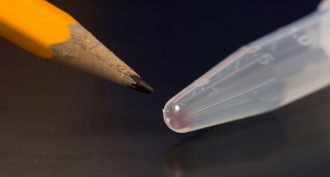 Computing
ComputingDNA can now store images, video and other types of data
Tiny test tubes might one day replace sprawling data-storage centers, thanks to a new way to encode and retrieve information on strands of synthetic DNA.